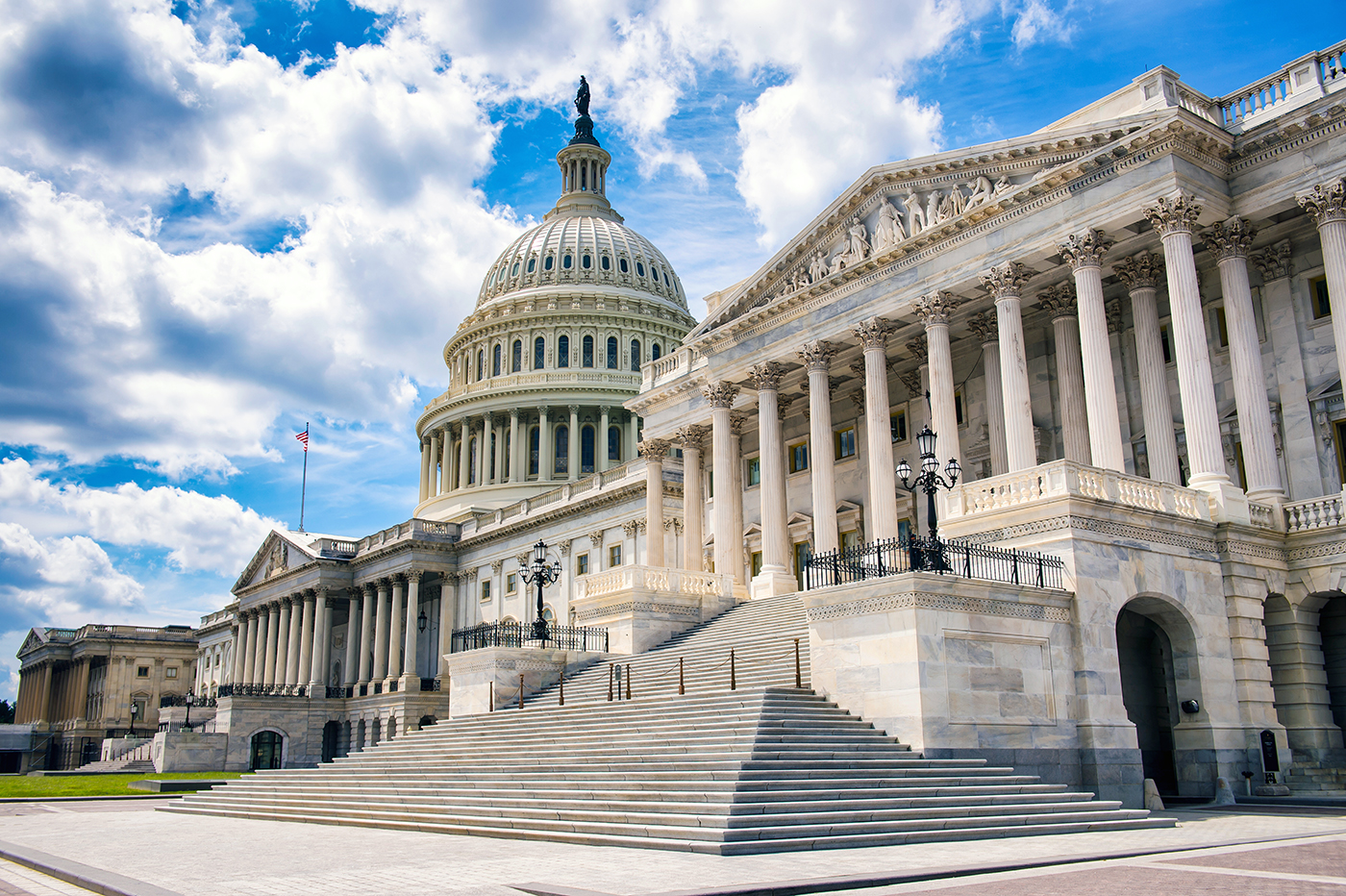
On Friday, Aug. 12, the U.S. House of Representatives passed The Inflation Reduction Act, marking the passage of the most substantial climate legislation ever passed in Congress. The bill also contains notable healthcare provisions, including the continuation of Affordable Care Act (ACA) monthly premium subsidies for plans purchased through the Health Insurance Marketplace. The bill also includes a new provision that will allow Medicare to negotiate drug prices for the first time. In this blog post, we focus on the extension of the ACA subsidies.
Under previous COVID-19 relief legislation — the American Rescue Plan Act of 2021 — beneficiaries received enhanced premium subsidies for plans purchased through the marketplace. As we highlighted in a previous blog post, the act provides scaled-up subsidies for people purchasing coverage through the marketplace, including (for the first time) individuals with household incomes above 400% of the federal poverty level with their premium obligations capped at 8.5% of their household income. However, these subsidies were temporary and set to expire at the end of 2022, meaning millions of Americans who relied on this premium assistance during the pandemic would face significant premium payment increases beginning in 2023.
According to the Kaiser Family Foundation, approximately 13 million Americans were at risk of experiencing premium hikes beginning in January 2023. Additionally, a Department of Health and Human Services (HHS) analysis estimated that roughly 3 million Americans would be at risk of losing their health insurance altogether if the subsidies ended and they could no longer afford health insurance coverage.
Under the Inflation Reduction Act, these enhanced COVID-19 subsidies will be extended for an additional three years (through 2025). These premium subsidies have offered key financial support to families during difficult economic times resulting from the pandemic and rising inflation. According to HHS, 14.5 million people signed up for coverage through both the federal and state-based marketplaces during the 2021 open enrollment period. Additionally, more than 90% of people obtaining coverage through HealthCare.gov, the federal government’s health insurance exchange website, were eligible for financial assistance, and families saved an average of $67 per person per month on insurance premium costs last year. President Joe Biden is expected to sign the bill into law this week.
See our follow-up post, where we examine the Medicare drug pricing negotiation provisions included in the bill.






